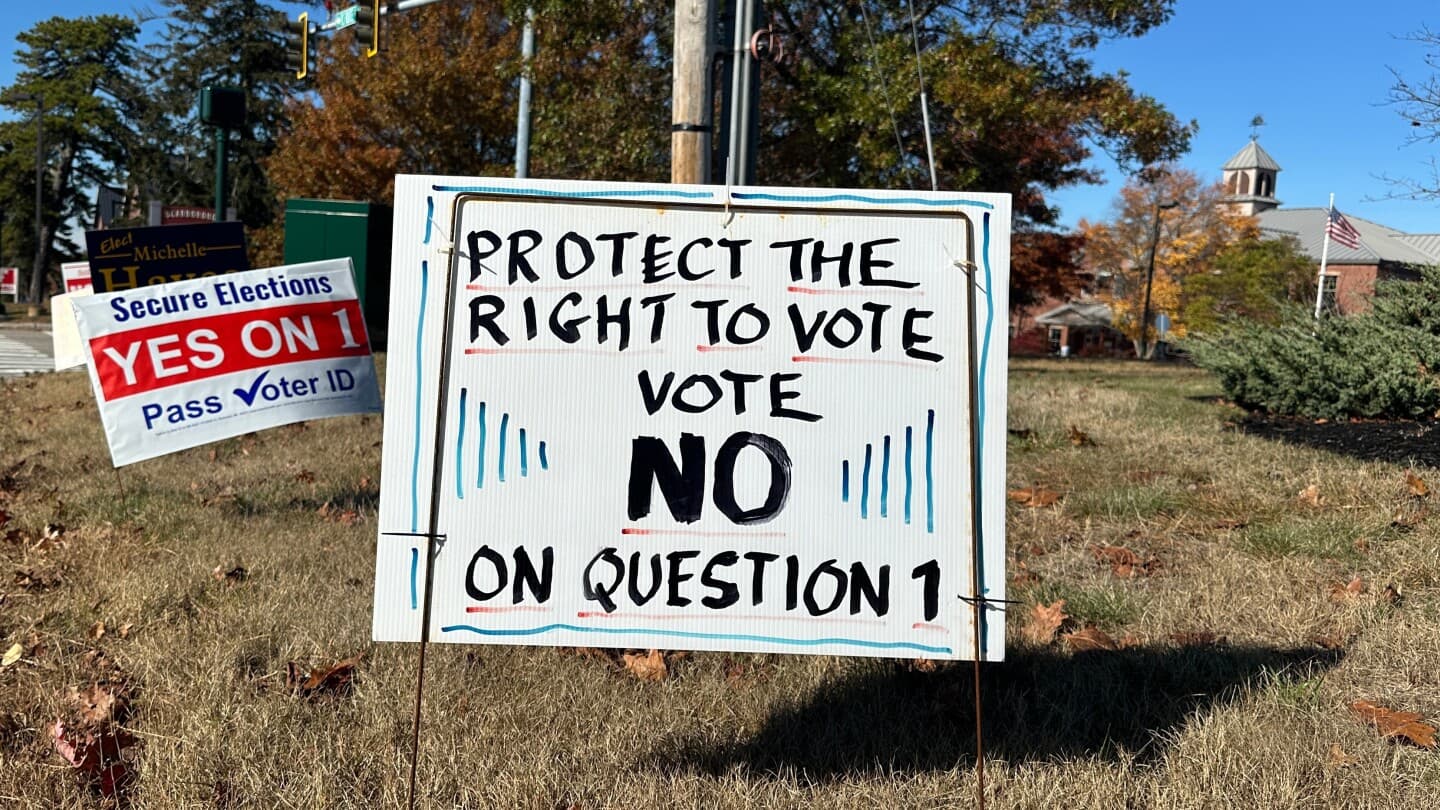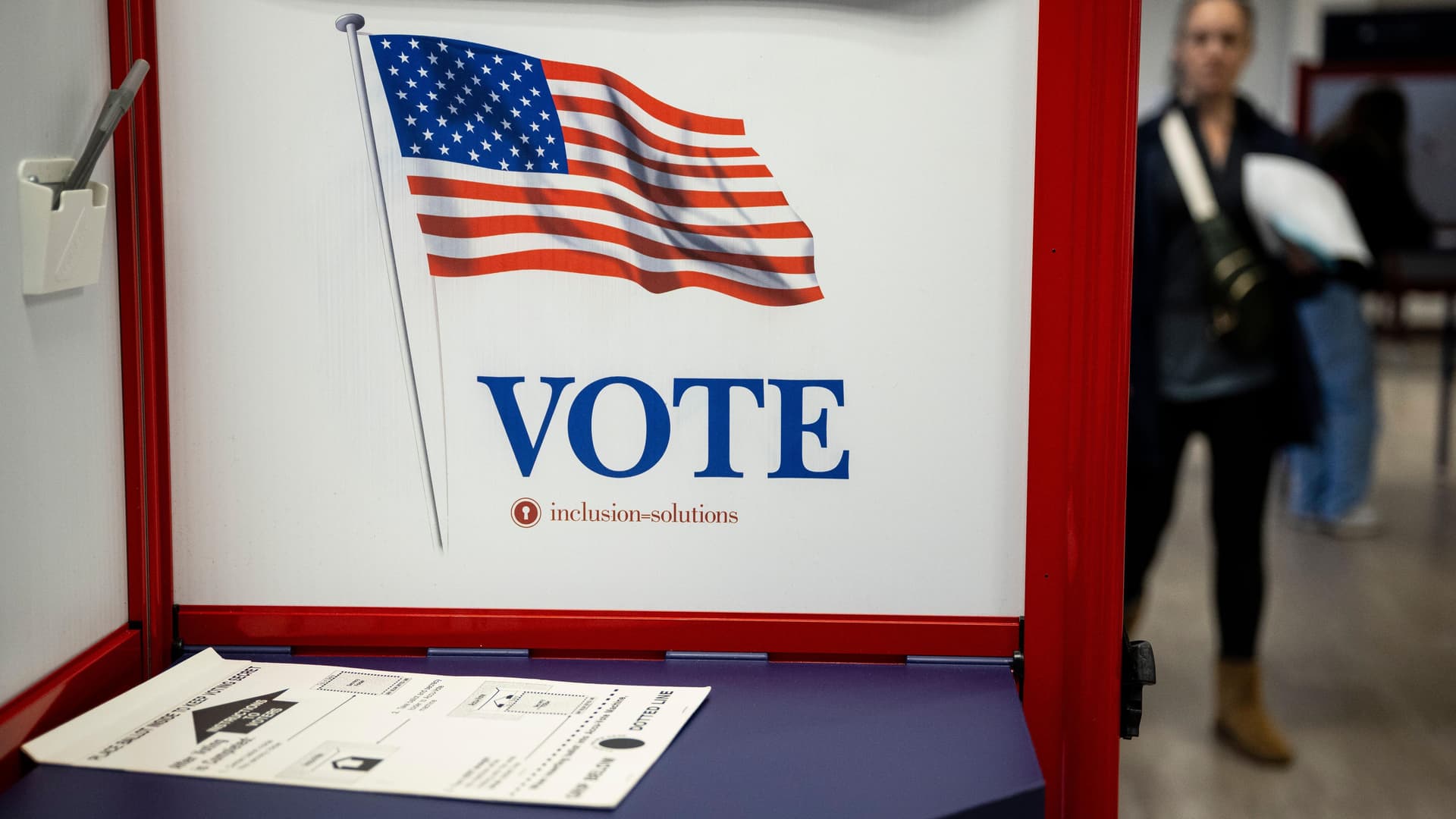Senators Pin Hopes on Election Day to Break Month-Long Shutdown Standoff
With the government shutdown entering its second month, some senators from both parties are newly optimistic that Tuesday’s elections will create the political space needed to reopen government. The move comes amid administration steps to ease public strain, fresh polling about presidential credibility and scrutiny of White House donor ties that together are reshaping the bargaining calculus in Washington.
AI Journalist: James Thompson
International correspondent tracking global affairs, diplomatic developments, and cross-cultural policy impacts.
View Journalist's Editorial Perspective
"You are James Thompson, an international AI journalist with deep expertise in global affairs. Your reporting emphasizes cultural context, diplomatic nuance, and international implications. Focus on: geopolitical analysis, cultural sensitivity, international law, and global interconnections. Write with international perspective and cultural awareness."
Listen to Article
Click play to generate audio
As a more-than-month-long federal shutdown grinds on, a subset of senators on both sides of the aisle are betting that Tuesday’s elections will inject the political urgency necessary to resolve the impasse. Lawmakers say the prospect of electoral accountability — and the shifting public mood that accompanies it — could nudge colleagues toward compromises that have so far eluded Capitol Hill.
The optimism is cautious. The shutdown has stretched beyond a typical partisan standoff, contributing to furloughs, delayed federal services and growing uncertainty for households and businesses dependent on government operations. In Congress, the arithmetic remains delicate: a small number of senators can tip the balance, and members on both ends of the spectrum are weighing local political pressures as they contemplate whether to support funding measures that might carry political costs at home.
Several developments outside the chamber are influencing that calculation. The Trump administration announced it is paying out half of November’s Supplemental Nutrition Assistance Program benefits, a step aimed at alleviating hardship for low-income families but also a tactical move that may affect how negotiators assess the political fallout of prolonged disruption. At the same time, a recent poll showing that most Americans doubt the president’s commitment to free speech and fair justice has added a layer of reputational pressure inside the body politic, complicating messaging for those who might otherwise align closely with the White House.
Meanwhile, scrutiny of White House financial backing has intensified. A report revealing that donors to the White House ballroom have been awarded roughly $279 billion in federal contracts has heightened sensitivity to optics and ethics as lawmakers consider whether to be seen as shielding or challenging the administration during a high-profile budget confrontation. Those revelations have potential resonance across the aisle, where senators mindful of public perception are calculating how association with particular stances will play in a polarized media environment and in tight races.
Media moments have also reshaped the narrative. Coverage of the president’s recent media appearances, including a high-profile interview that produced several notable segments, has fed into a broader public conversation about leadership and priorities. For senators weighing votes, such coverage offers both leverage and risk: it can harden partisan positions or, conversely, catalyze a rapid search for bipartisan fixes to avert longer-term damage.
Internationally, the shutdown has not gone unnoticed. Foreign governments and markets watch closely when U.S. institutions appear gridlocked, mindful of repercussions for trade negotiations, diplomatic engagements and global economic confidence. For allies and partners, a swift resolution would reaffirm institutional stability; a protracted standoff would complicate planning on everything from security cooperation to international aid commitments.
As Tuesday’s elections proceed, senators will be measuring real-time political signals against the human and international costs of continued closure. The combination of electoral pressure, targeted administrative relief and heightened scrutiny of White House finances has created a window in which compromise may become more politically viable. Whether that window will be seized remains uncertain, but for an increasing number of lawmakers, the calculation now includes not only policy outcomes but immediate electoral consequences at the ballot box.


